Japan offers a rich tapestry of traditional culture and history that attracts foreign tourists. Here are some key highlights divided into several categories.
Historical Buildings and Landmarks
Ancient Capital – Kyoto
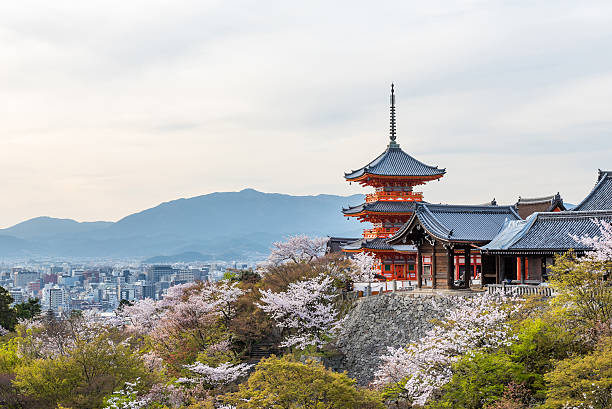
Kyoto is renowned as Japan’s ancient capital and is home to numerous historical landmarks. Must-visit sites include Kinkaku-ji (Golden Pavilion), Kiyomizu-dera Temple, and Fushimi Inari Shrine. The scenery is especially breathtaking during the autumn foliage season and the cherry blossom season in spring.
Nara
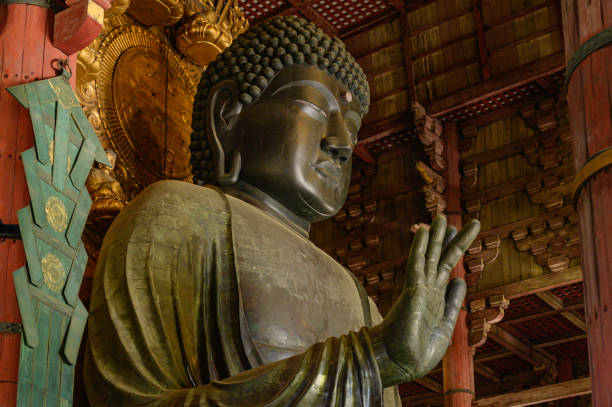
Nara is another treasure trove of historical attractions. It boasts many UNESCO World Heritage sites such as the Great Buddha of Todai-ji Temple and Horyu-ji Temple. Visitors can also interact with friendly deer in Nara Park.
Traditional Arts and Culture
Tea Ceremony
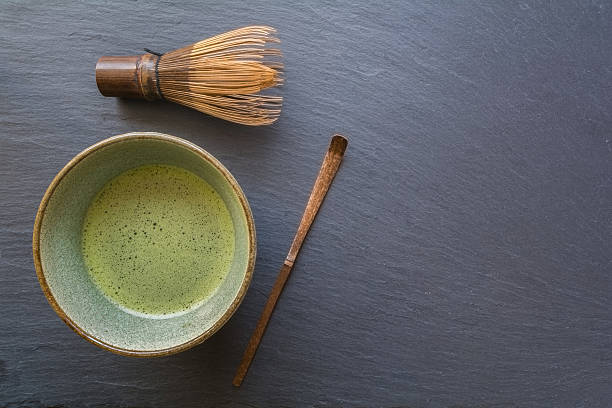
The Japanese tea ceremony is an art form that combines Zen principles with aesthetics. Many places in Kyoto and Kanazawa offer tea ceremony experiences for visitors.
Ikebana (Flower Arrangement)
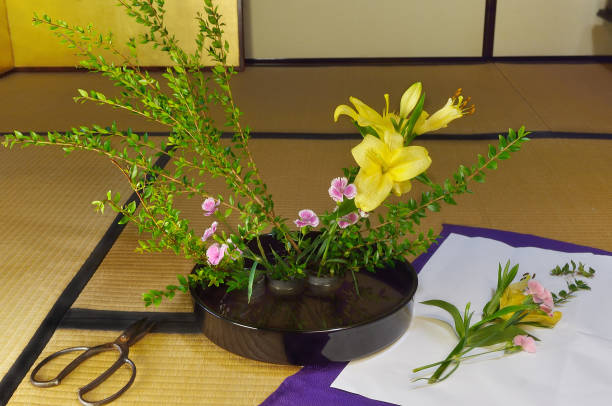
Ikebana, or Japanese flower arrangement, is a form of art that expresses beauty through the use of plants. There are many workshops where tourists can learn and practice ikebana.
Japanese Festivals
Gion Festival (Kyoto)
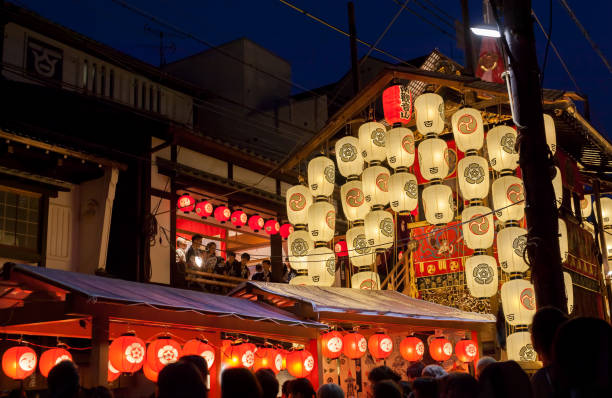
Held in July, the Gion Festival features spectacular floats and processions. The traditional costumes and beautiful decorations make it a must-see event.
Asakusa Samba Carnival (Tokyo)
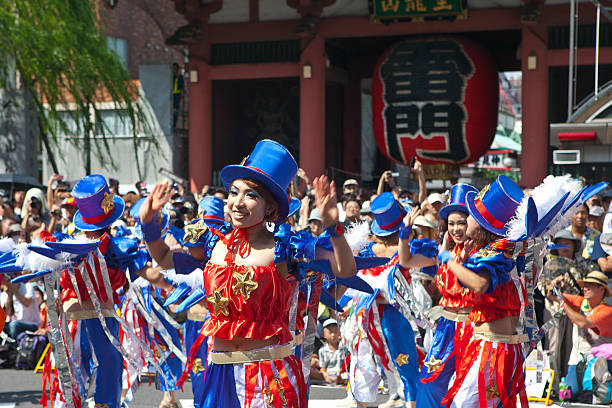
This unique festival in Tokyo’s Asakusa district blends Brazilian carnival elements with Japanese culture, creating a vibrant and exciting atmosphere.
Traditional Japanese Cuisine
Washoku (Japanese Food)
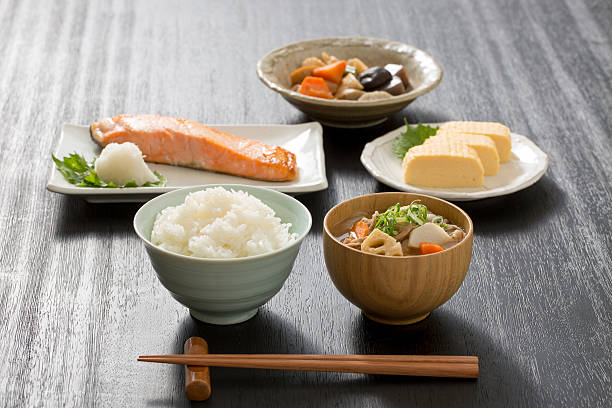
Japanese cuisine, known as washoku, is recognized as a UNESCO Intangible Cultural Heritage. It includes a variety of dishes such as sushi, tempura, udon, and soba.
Dining at a Ryotei (Traditional Restaurant)
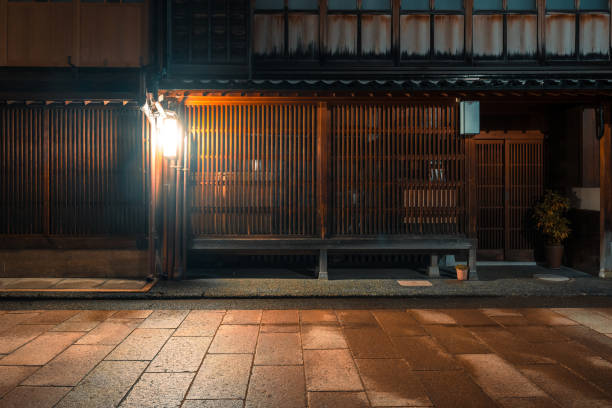
High-end ryotei restaurants offer exquisite kaiseki (multi-course) meals made from seasonal ingredients. Kyoto and Tokyo have many famous ryotei.
Traditional Japanese Crafts
Pottery
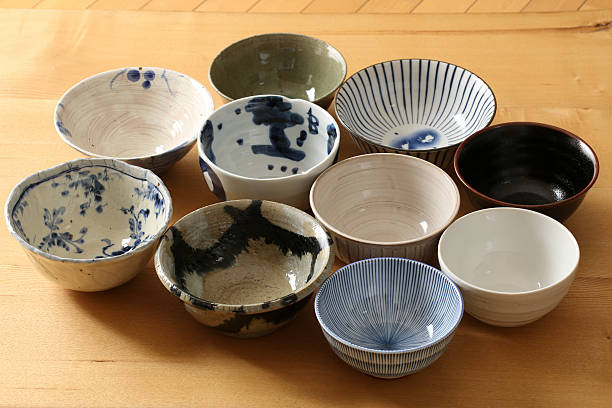
Japanese pottery is renowned for its regional styles. Notable examples include Arita ware (Saga Prefecture), Kutani ware (Ishikawa Prefecture), and Bizen ware (Okayama Prefecture).
Lacquerware
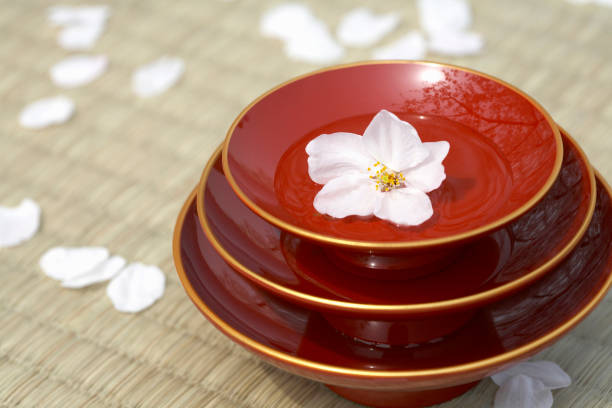
Japanese lacquerware is both beautiful and functional. Wajima-nuri (Ishikawa Prefecture) is particularly famous for its high quality.
Nature and Scenery
Mount Fuji
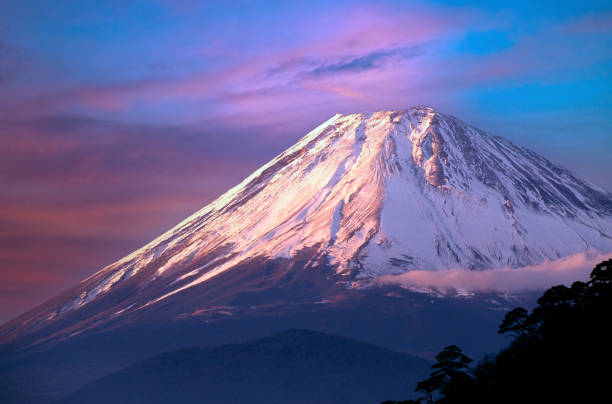
As a symbol of Japan, Mount Fuji is a popular destination for breathtaking views. The climbing season attracts many visitors.
Hot Springs (Onsen)
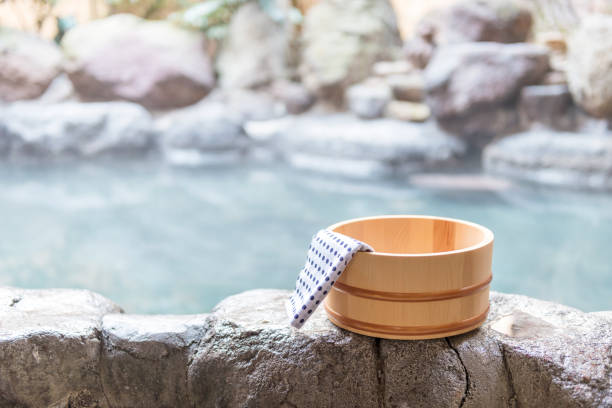
Japan is dotted with numerous hot spring resorts. Famous onsen areas include Hakone, Kusatsu, and Beppu. Relaxing in a hot spring inn is a quintessential Japanese experience.
Martial Arts and Sports
Kendo, Judo, Karate
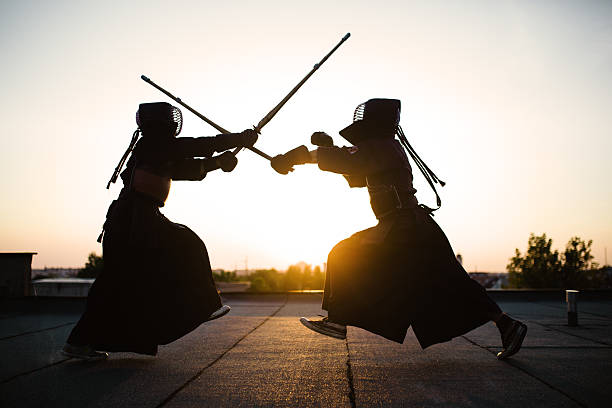
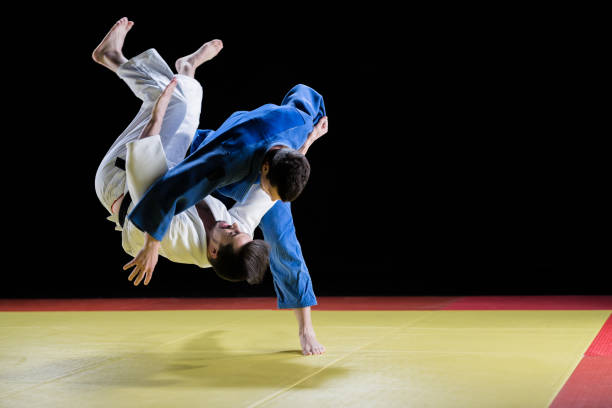
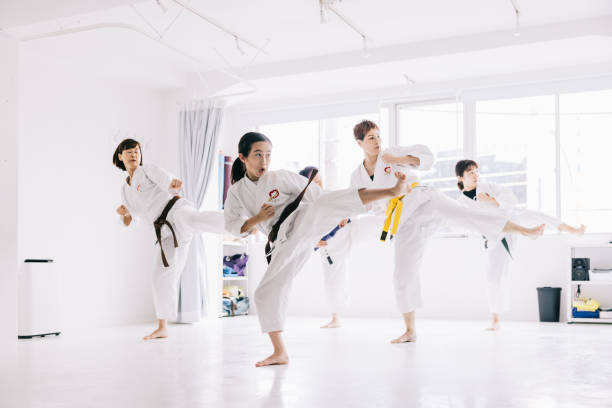
Japanese traditional martial arts emphasize both mental discipline and physical strength. Many dojos offer trial classes for visitors. Additionally, Japan has excelled in various sports, achieving gold medals in international competitions like the Olympics in sports such as baseball, fencing, and badminton.
Sumo
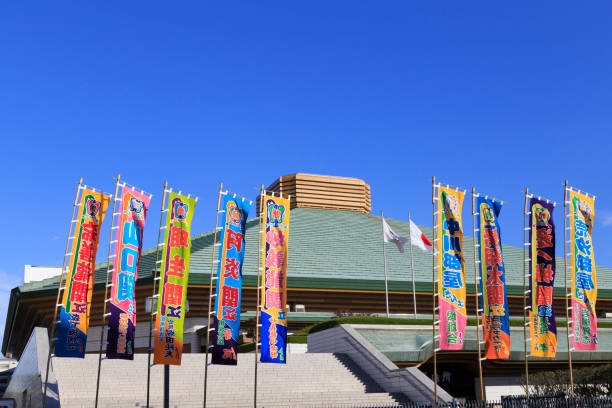
Sumo, Japan’s national sport, is known for its powerful and intense matches. You can watch grand sumo tournaments at venues like the Ryogoku Kokugikan in Tokyo.
Fusion of Modern and Traditional
Akihabara (Tokyo)
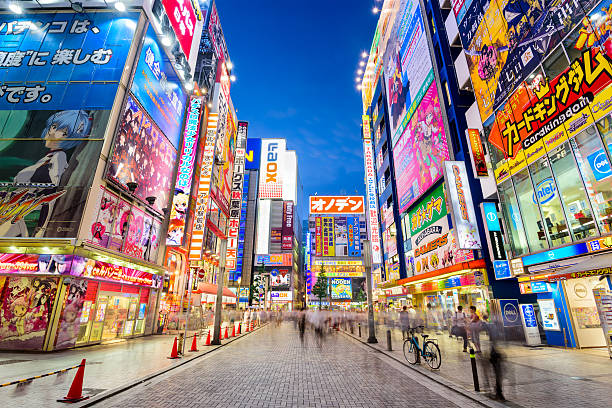
A place where modern pop culture and tradition meet. Akihabara is a hub for anime, manga, and gaming culture.
Harajuku (Tokyo)
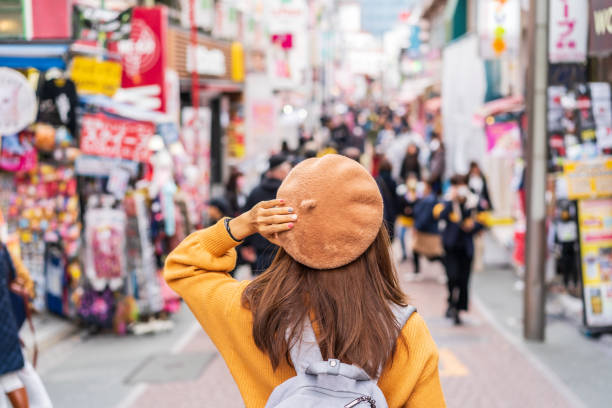
Known as the forefront of fashion, Harajuku blends traditional Japanese attire with contemporary street fashion.
Through this website, we aim to showcase the diverse attractions of Japan to foreign tourists. We invite you to explore and discover the unique charm of Japan.



